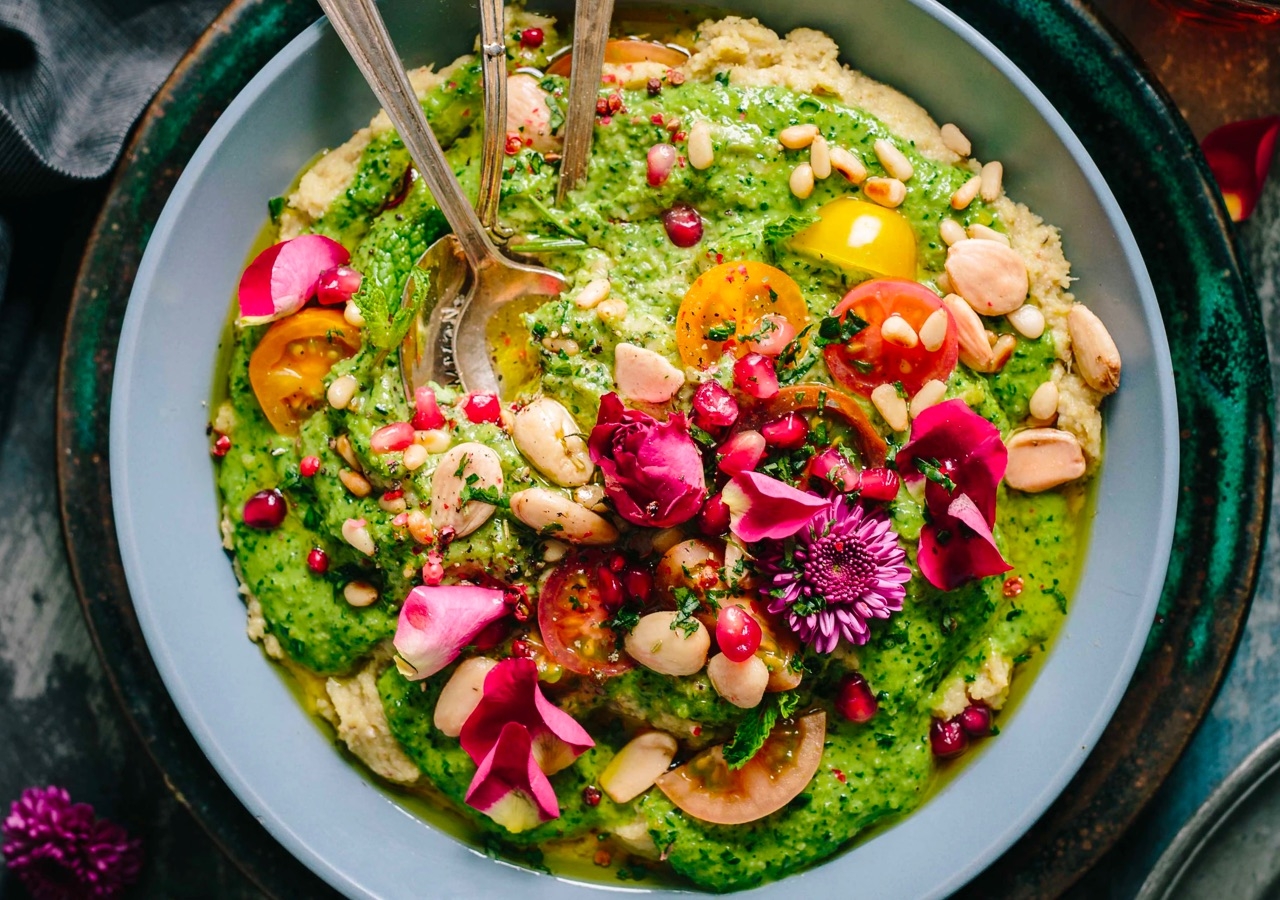The coronavirus pandemic has fundamentally changed the way we live, work, and socialise, requiring many people to come to terms with a vastly different way of life. As Covid-19 took hold, the initial focus was on necessary measures to protect our health in the short term. However, our longer-term health and wellbeing has been brought into sharp focus, especially with emerging links between Covid-19 clinical syndrome and diabetes, obesity, and high blood pressure.
The work of the World Obesity Federation is raising awareness of factors beyond an individual’s control involved in the predisposition towards suffering with obesity. Highlighting these factors is reframing dialogue away from weight stigma and towards promoting acceptance and policy change. Despite the presence of genetic and environmental factors, lifestyle modification still remains the cornerstone of treatment and can lead to improved long-term health.
Nutrition
Nutrition is arguably the single largest contributor to healthy living. The Covid-19 pandemic has focused attention on the role of nutrition in the immune system. As highlighted recently by the World Health Organisation, good nutrition can reduce the likelihood of developing health problems including obesity, heart disease, diabetes, and cancer, and supports strong immune systems. However, due to the complexity of our immune systems, it cannot be modified by a specific nutritional intervention. Rather, adhering to a general healthy diet, including lots of fruit and vegetables, plays a vital role in supporting a well-functioning and effective immune system to help protect against infection and disease.
Decades of research has left little doubt regarding the health and planetary advantages of a predominately whole foods, plant-based approach. However, this message is often cluttered by the vast quantity of diets promoting sensationalised health claims. The best recipe for good health is combining regular physical activity with personalised nutrition – which is discovering the plant-based foods you enjoy and incorporating more of these into your existing routine.
Top tips at mealtimes
-
Aim for half the plate to be made up of vegetables
-
A quarter of the plate should be protein – either animal or plant based. This part of the meal is satiating which helps to reduce snacking
-
The remaining quarter of the plate can be made up of carbohydrates like wholewheat pasta, brown rice, potatoes. Avoid refined (white/processed) carbohydrates.
Developing healthy habits
Healthy living is about more than just getting fit and feeling better for a short while, it is about staying that way. The key to developing sustainable positive habits is to start slowly and change one thing at a time. Anyone will soon begin to feel the benefits that can be derived from eating more wholesome food and taking up 10 minutes of daily exercise. Build on your existing routine. For example, if you sometimes select fruit to eat, then try choosing more. Work around challenges and setbacks, and most importantly celebrate positive change —no matter how small — by rewarding yourself. According to Professor BJ Fogg, a leading behavioural scientist at Stanford University, the power of celebration combined with the feeling of success wires in and transforms small habits into lasting change.
Finding support
There are lots of ways to get the support you need to help stay healthy. An important step is finding a good doctor you are comfortable discussing your health with. Talk with your friends and family — having someone else accompany you on this journey can make all the difference in cultivating healthy living.








